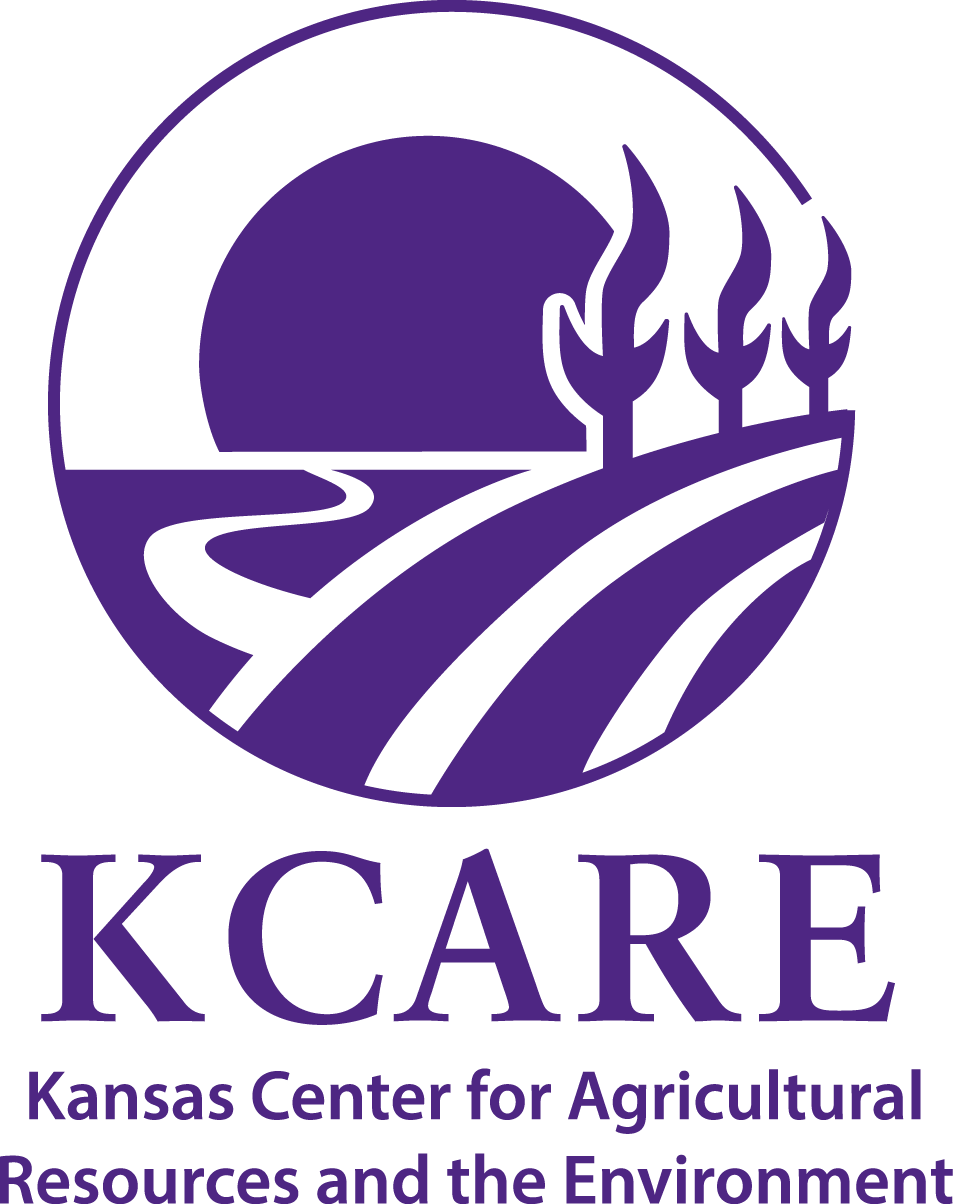Kansas Water Institute
On November 14, 2023, Kansas State University announced the launch of the Kansas Water Institute, a collaborative, multi-institutional effort to tackle the water resource challenges of our state and nation.
The institute will build on the work of the Kansas Water Resources Institute, which was established under the 1964 Water Resources Research Act and historically operated out of K-State's College of Agriculture. The new Kansas Water Institute will be elevated to a university-level priority at K-State to bring interdisciplinary university resources and expertise together to develop innovative solutions to today's water challenges, leveraging the more than 75 faculty across the university who are working on water-related issues.
KWI will draw upon expertise from every K-State college, campus, and Research and Extension station to drive transformational discovery, including conducting research on novel irrigation and water management approaches, reservoir sediment reduction strategies, urban stormwater mitigation, risk factors for water-contaminant driven disease, social perceptions and behaviors around water use, and climate modeling.
In addition to research, the Kansas Water Institute will advance interdisciplinary water-related teaching and engagement.
"Kansas State University's launch of the Kansas Water Institute builds on our goal to generate a sustainable future for water throughout Kansas," said Gov. Laura Kelly. "As my administration remains laser-focused on implementing long-term solutions, I'm looking forward to collaborating with all our partners to drive forward this work to ensure Kansans have reliable water sources for generations to come."

